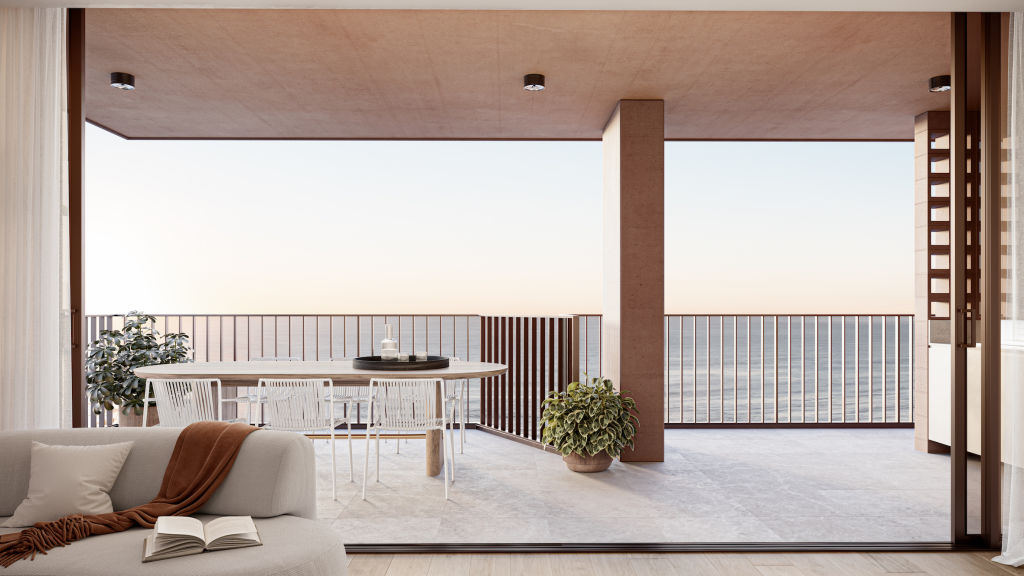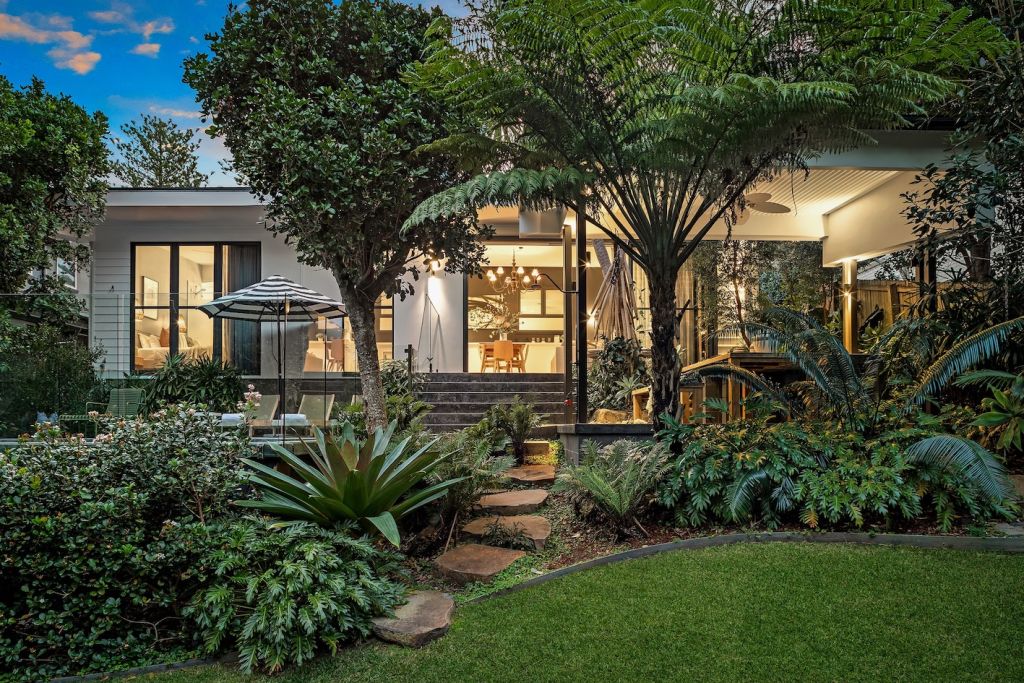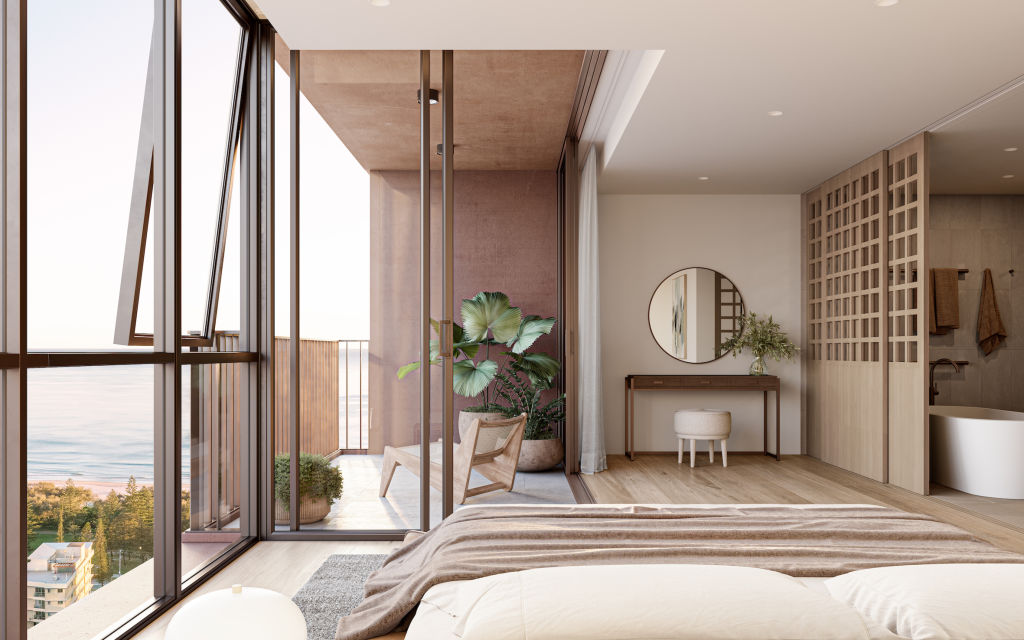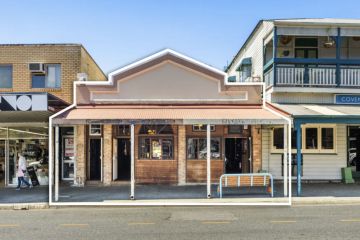The holiday home-ownership model gaining popularity around the world

Owning a holiday home feels like a fantasy for many, but what if you didn’t have to fork out millions of dollars to own a slice of luxury real estate in premium vacation destinations like Byron Bay or the NSW Southern Highlands?
A new style of holiday home ownership, where luxury properties are part-owned, is gaining rapid momentum in Europe and America, with a multitude of platforms launching into the space.
The concept is simple: holidaymakers can acquire a stake in a high-end property and enjoy the benefits of owning a holiday home for a fraction of the cost, without any of the headaches and hassles that come with property management and maintenance.
Unlike time-share arrangements, where people only pay to stay at the property, the co-ownership model means that owners share in the costs, benefits and equity of a property, and can sell their stake at any time.
A similar syndication model has long been utilised by luxury boat and yacht users but has recently also been embraced by a wider demographic of people, spurred by the growing familiarity and popularity of the share economy.

Now, a new Australia-based company is following in the wake of the success of platforms like Pacaso, which reached a $1 billion valuation in less than a year and now manages over 1000 properties across North America.
Kō launched in the Asia-Pacific late last year with a plan to shake up the local holiday home market.
“Real estate is wildly expensive,” says chief executive and co-founder Ryan Fritsch. “There are beautiful holiday home destinations here but they are pretty much unattainable for most.”
Under Kō, buyers can purchase a minimum one-eighth share, which allows them to utilise the home for six weeks each year with a maximum of 14 nights per stay. The price for a share ranges from $300,000 to above $1 million depending on the property.
There are a dozen premium homes currently available across NSW and the Gold Coast, with plans to add more in popular destinations like the Sunshine Coast and Mornington Peninsula. Overseas, Kō has properties listed in Indonesia, Fiji, Japan and Malaysia.
With most holiday homes empty for much of the year, the model has proven popular with existing holiday home owners looking to sell stakes in their property. “We get a dozen property enquiries a week,” says Fritsch.

As well as sourcing existing holiday homes, the Kō team scours real estate listings for suitable options. Fritsch says they are extremely selective about their choices, seeking a diverse array of homes “from manicured country estates to oceanfront luxury apartments”.
“We really focus on the top [tier] of pricing in every region,” he says. “If you’re buying a fraction of something, you want to buy something with a wow factor.”
Story Wealth chief executive Anne Graham is a financial planner in Melbourne and says conversations about purchasing holiday homes are becoming “few and far between” in the current economic environment.
“It’s people’s dreams and aspirations to have a holiday house,” she says. “They might have grown up at a time when their grandparents had a holiday home … and they have really fond childhood memories and they want their children to have the same experience, but it’s not really attainable these days.”
Graham advises her clients to consider the ongoing costs of owning a property, as well as the time and effort required to maintain it.

“Things like stamp duty … but also the ongoing costs of rates and maintenance – and land tax [which is] possible if they’ve got another property,” she says. “And how are they going to fund the purchase? Is it through a loan or cash? If it’s a loan, it would be considering interest payments and really looking at the cash flow and outgoings.”
Graham warns that sharing a holiday home with family or friends can become complex.
“If you have a number of different people owning it, who gets priority over the January holidays?” she says. “Is everyone chipping in for rates and other outgoings? There are a lot of situations where it works really well and other times when it’s a complete and utter mess.”
The co-ownership model aims to address some of these pain points. Under Kō’s policies, co-owners can only have six active bookings, and if an owner is booked in for Christmas and New Year, they are automatically disqualified from booking it the next year.
Kō holds no equity in the properties but acts as a service provider, overseeing the property management, maintenance, furnishings and administration. Significant decisions are put forward to the group of owners but Fritsch says they remain anonymous.
“The whole concept behind us is really meeting hospitality and home ownership so you have a stress-free home ownership experience.”
We recommend
We thought you might like
States
Capital Cities
Capital Cities - Rentals
Popular Areas
Allhomes
More
- © 2025, CoStar Group Inc.







